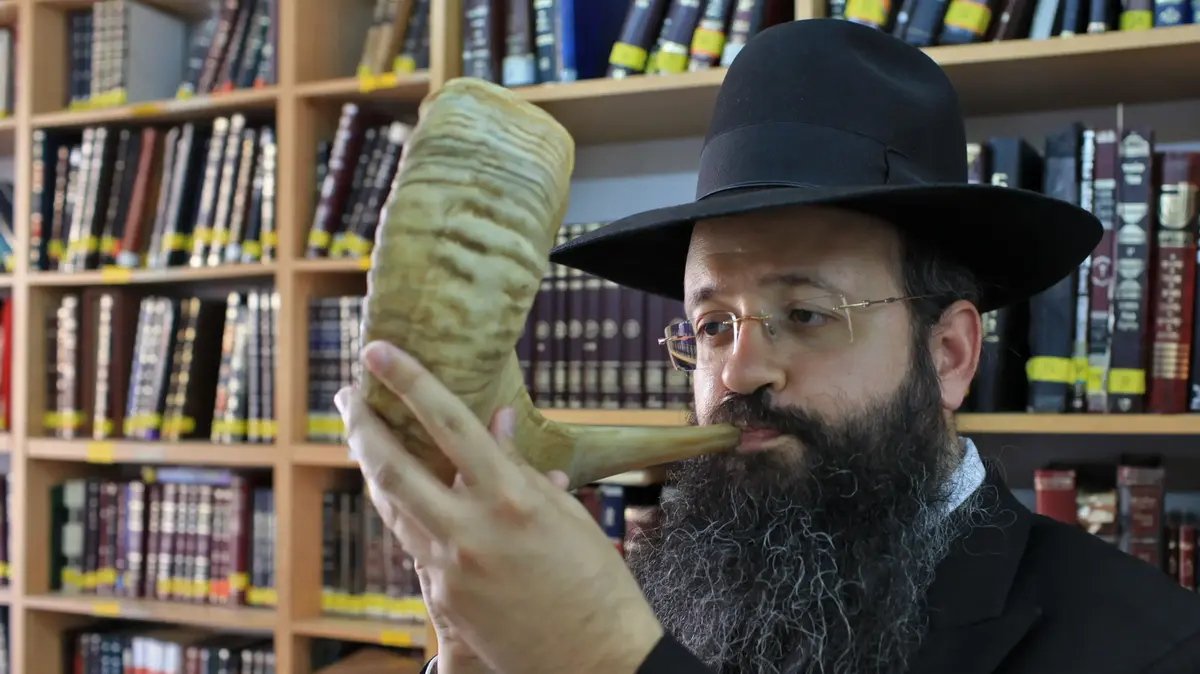When the corona epidemic is over, another virus may attack the Israeli system before its immune system recovers - a state commission of inquiry. Journalists will create drama, celebrities and "shaburns" will enlist, and politicians may mistakenly interpret media hysteria as "public pressure" to prevent recidivism. There is usually no need for the committee.
The millions of shekels, the confusion of the brain and the superficial and sometimes distorted lessons of the commission can already be saved by revealing its conclusions, even before they came together. The conclusions will be that Israel was not prepared as required for the epidemic and responded late and unsystematically in the early stages of the crisis. You can even download now the bitterly disparate print of the "criminal disregard" of the committee's recommendations. It is also possible to predict the severe distortions that will be caused, if God forbid, the recommendations are fully implemented. The Commission of Inquiry is causing enormous damage even before its establishment, as decision-makers tend to exacerbate the threat assessment at the expense of policy effectiveness. They assume that it will be difficult to explain to the committee any mitigating assessment, while the failure to implement stringent assessments could be credited to the success of the countermeasures taken.
It is certainly worthwhile for professional bodies to examine the conduct of government and health and economic systems, identify failures and point out a preferable way for the future, provided that they are not conducted by jurists or public figures and that they do not hold public hearings - ie protocol. Jurors tend to deal with procedural questions, or market their worldview with professional acclaim. Training them does not give them an advantage in strategic thinking.
No state, certainly not a democratic state, is adequately prepared for extremist scenarios. In retrospect, once the scenario has materialized, after-hours (especially jurists) can point to credible warnings about its feasibility. But there are always such warnings about a variety of scenarios. The problem is that the national costs of preparing for the majority of them will endanger the country. State investigative committees contributed little to clarifying the truth and sometimes did much harm. Due to the shortage, we will give only two examples: the Agrant Committee, following the Yom Kippur War and the Or Commission, following the October 2000 riots among the Arab citizens of Israel.
In the shadow of the Agrant Committee, Israel has built a huge, cumbersome army that has led to a loss of about a decade to the economy. Defense spending has spent many years close to a quarter of GDP (for comparison, today it is about five percent). The Labor and Likud governments could not appear to have neglected security and approved spending that would have been far-fetched even under conditions that existed before the peace treaty with Egypt and the Iran-Iraq war. Rabin, who became prime minister after her conclusions, spoke of the "severe flaw that the Agrant Committee tried to impose in our lives," adding, "following the Agrant Report, the military has worked hard to build an alibi for everything: to intensify, prepare, defend against possible surprise. Since the Agranat Committee undermined the intrinsic value of joint responsibility (of the political and military echelons; DS), the chief of staff bothered to prepare his defense in advance, anyway. "Rabin also stated that" the entire intelligence concept of the commission was distorted. ", Adding that a prime minister did not appoint himself an intelligence adviser as his recommendation, admitting he did so only before his term" to oblige ", explaining that he was trying to replace Aman as a national evaluation official and alerting him to" show up in his eyes and testify to his ignorance. "
The events of October 2000 are no less important than the Yom Kippur War, but the Or Commission report illustrated a fundamental analytical failure to understand the reality, even before assessing the validity and effectiveness of its recommendations. On the question of the Arab minority's economy, the committee systematically refrained from describing the gap between the Jewish population and the Jewish population. , And the issue of discrimination, assuming that the gap in itself is evidence of discrimination and deprivation.
The choice is between elected leadership, trying its best to understand and manage risk under conditions of optimism and balance national needs optimally, with decision makers' shoppers, the dubious appraisers of smart lawyers in retrospect. In real time, it is important to have experts, journalists and parliamentarians in control. Lessons will be learned from professional internal committees, with appropriate perspective, will be discussed by historians, and an investigative committee is like an appendicitis: unnecessary at best and harmful at worst.
Dr. Dan Shiftan is the head of the International Security Program at the University of Haifa, and lecturer in security studies programs at Tel Aviv University
For more Dan Shiftan opinions








